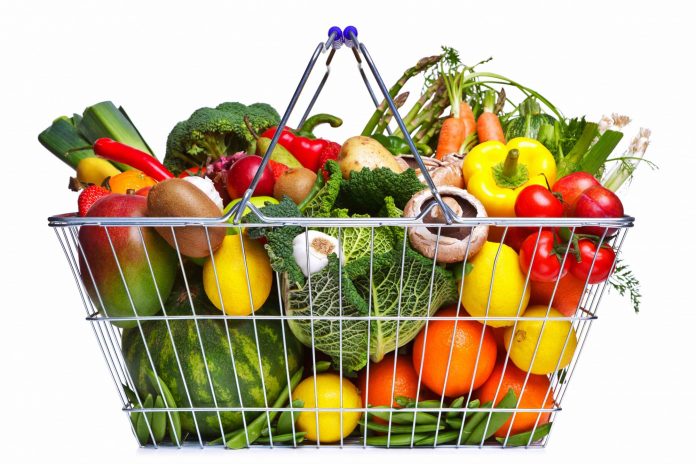According to the latest data from the Australian Bureau of Statistics (ABS), 94% of Australians aren’t getting their recommended daily intake of fruit and vegetables – a situation, which is likely to worsen with soaring supermarket prices.
Dietitians Australia CEO Robert Hunt says that nutrition remains a big issue in Australia, and calls for a coordinated approach to address this – one that is “backed by serious dollars”, he says.
“We’ve called on the previous Government and we’re asking the Albanese Government now for a major redevelopment of the National Nutrition Policy, which hasn’t been updated since the Labour Government in 1992,” he says.
“If we keep eating the way we do, the most recent data available shows Australia is on track to foot an over 80 billion dollar bill to deal with obesity-related health costs.”
Mr Hunt says that one way to improve Australia’s nutrition intake is through public health education campaigns.
“One of the recommended actions in the strategy is funding the development and publication of wide-scale education campaigns to improve nutrition uptake in this country,” says Mr Hunt.
“We’ve proven we can turn around public health education campaigns quickly in this country, with most of us understanding the concepts of masks and social distancing.
“Yet most of the Australian public are unaware of how critical fruit and vegetable intake is to prevent chronic disease and even death.”
Practical advice when prices soar
Mr Hunt says that with supermarket prices soaring at the moment, the poor intake of food items such as fruit and vegetables is likely to get worse.
“While fresh food was challenging to source during Covid panic buying outbreaks, it was far more affordable than it is now,” he says.
“We can only imagine how damning the dietary behaviour data would be if it was sourced in the last few weeks, where most people can barely contemplate forking out $10 or more for a fresh produce staple like lettuce.”
In light of the current situation, Accredited Practising Dietitian Tara Diversi offers some practical advice for those looking to up their fruit and vegetable intake.
“We know accessing affordable, nutritious food including fruits and vegetables is a huge challenge across the country right now and may take months to ease,” says Ms Diversi.
“When you do source fruit and veggies within your budget, use as much of them as you can.
“Stems off broccoli and cauliflower are great in stir-fries or grated into mince dishes like tacos or spaghetti bolognese.
“In most cases, from a nutrition point of view, frozen vegetables are just as good as fresh.
“Try something new. Do not be afraid of trying another fresh green like watercress or rocket over lettuce for example.
“There is a number of other greens that make great alternatives for cooking, look at what is available in your area and try something new.
“Your body and your tastebuds will eventually get used to the bitterness, and they may end up being foods you grow to love as they become more familiar,” she says.










